Scenario:
Web app built with Angular 5, apollo-angular and apollo-client.
Have a component that subscribes to data with projects. OnInit() I call apollo.watchQuery() as specified in the docs. So far, so good! The subscribe gets the data when going to the component and also when returning values in the mutation queries of the same model! Great!
The problem is, when I click around in my app, doing lots of CRUD operations with apollo, I experience that the app gets slower and slower. One thing I noticed is that if I navigate to another component, and then back to previosly mentioned Project Component, in my Apollo Chrome Dev Tools I can see that the previous active WatchQuery for projects (no 19 in the image below) stays put and another one (no 35) is added.
Could this be a problem? That the redundant active WatchQueries take up unnecessary memory in the client session, making the app go slower and slower, or is this normal? Should you manually terminate watchedQueries in the component's OnDestroy method and in that case, how do I do this (couldn't see anything mentioned about this in the docs)?
